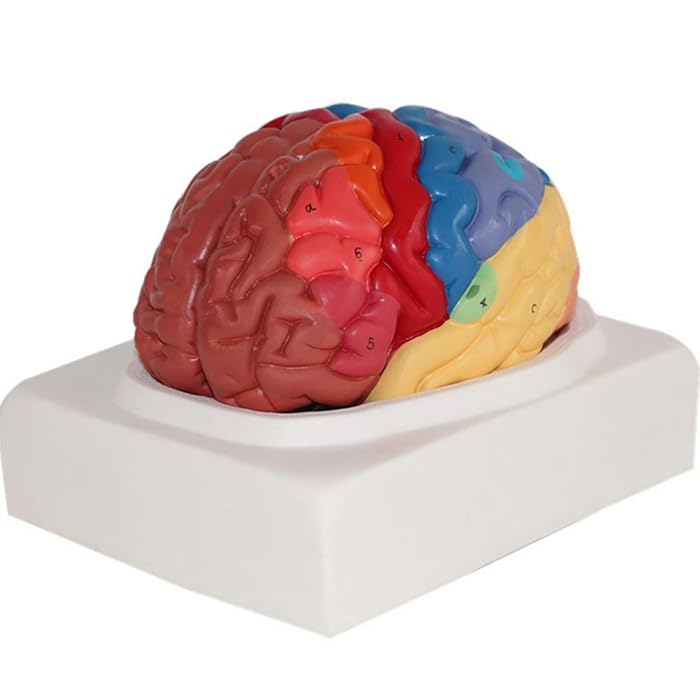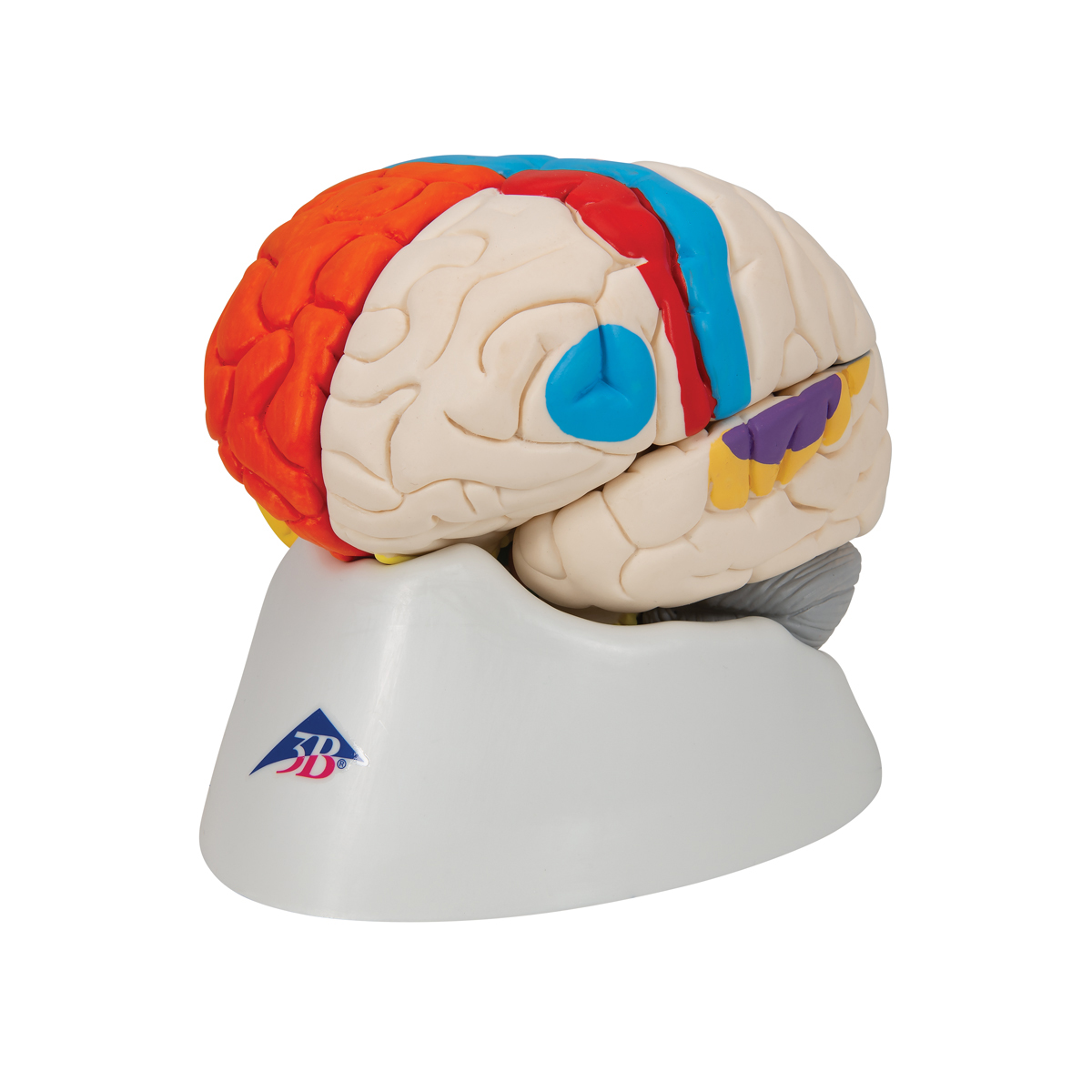Can Allergies Cause Brain Fog?
Allergies affect millions of individuals worldwide. They trigger a range of symptoms that can be unpleasant. Most people recognize sneezing, itching, and congestion. However, one less obvious symptom is brain fog. This condition can cloud thinking, hinder focus, and disrupt daily life. Can allergies cause brain fog? Understanding how allergies contribute to brain fog is essential for effective management.
The Link Between Allergies and Brain Fog
Allergies arise when the immune system overreacts to certain substances. Common allergens include pollen, dust mites, and pet dander. When exposed, the immune system releases histamines. Histamines can lead to inflammation in the body, including the brain. Consequently, this inflammation may contribute to cognitive impairment. Studies indicate that inflammation can disrupt neurotransmitter function, leading to mood and cognitive issues.
Moreover, histamines themselves can cross the blood-brain barrier. This means that they can directly affect brain function. When histamine levels rise, it can result in fatigue and decreased concentration. Research shows that elevated histamine levels correlate with brain fog symptoms. Thus, allergies are not merely limited to physical symptoms; they can also have cognitive impact. Understanding this link is vital for those who frequently experience brain fog during allergy season.

The Role of Sleep in Allergies and Brain Fog
Can allergies cause brain fog? Another crucial factor is sleep. Allergies can disrupt sleep due to nasal congestion and other symptoms. When individuals experience poor sleep quality, it can exacerbate brain fog. Quality sleep is essential for cognitive function. During deep sleep, the brain clears away toxins that accumulate during the day. Without restorative sleep, cognitive function declines, leading to difficulties in concentration and memory.
Additionally, sleep deprivation can heighten sensitivity to allergens. When well-rested, a body is better equipped to handle allergens. This means that improving sleep could mitigate allergy symptoms. Simple changes, such as maintaining a regular sleep schedule and creating a comfortable sleep environment, may make a difference.
Inadequate sleep not only affects allergy suffers but also affects everyone. Chronic sleep issues related to allergies can lead to ongoing cognitive difficulties. Consequently, addressing both allergies and sleep can provide a pathway to better focus and memory. Therefore, holistic approaches to treatment are essential.
The Role of Stress and Mental Health
Stress often exacerbates allergy symptoms and brain fog. Mental health issues can increase inflammation in the body, leading to heightened allergic reactions. Individuals experiencing prolonged stress may struggle with cognitive clarity and overall well-being. Chronic stress can negatively impact sleep patterns, further contributing to brain fog.
Practicing stress management techniques can significantly improve both mental clarity and allergy symptoms. Techniques such as mindfulness meditation, deep breathing exercises, and yoga can help alleviate stress. Establishing a consistent self-care routine can also contribute to genuinely improved mental health.
Moreover, ensuring a balanced lifestyle with proper nutrition and exercise can mitigate the effects of stress. Regular physical activity releases endorphins, acting as a natural way to combat stress. A well-rounded approach to mental health can yield significant benefits in managing allergies and brain fog.

Identifying and Managing Allergy Triggers
Identifying allergy triggers is critical in managing symptoms effectively. Can allergies cause brain fog? Keeping a detailed journal can help pinpoint specific allergens causing issues. This record should include symptoms, their severity, and any potential triggers encountered. Once identified, individuals can take proactive steps to minimize exposure.
Avoidance is the primary strategy for managing allergies. Individuals should minimize contact with known allergens. This may involve using air purifiers, employing hypoallergenic bedding, and keeping living spaces clean. Furthermore, maintaining a regular cleaning schedule can help reduce dust and pet dander.
Seeking professional medical advice is also essential. Allergists can provide personalized care and recommendations based on individual needs. Allergy testing can identify specific sensitivities, guiding avoidance strategies. In some cases, desensitization therapy might provide long-term relief. Therefore, a multi-faceted approach is crucial in addressing these issues comprehensively.
Nutritional Factors Influencing Brain Fog
Dietary choices significantly impact general health and cognitive function. Certain foods can either exacerbate or alleviate allergy symptoms. Consuming anti-inflammatory foods can support brain health and reduce the incidence of brain fog. Incorporating fruits, vegetables, whole grains, and healthy fats can be beneficial.
Conversely, individuals with allergies may need to avoid specific trigger foods. For example, some may be allergic to dairy, gluten, or nuts. These food sensitivities can worsen existing symptoms and contribute to cognitive decline. Understanding one’s dietary triggers can greatly enhance overall mental clarity and reduce brain fog.
Additionally, hydration plays a crucial role in maintaining cognitive function. Dehydration can exacerbate feelings of fatigue, adding to the brain fog experienced. Drinking adequate water throughout the day helps maintain optimal brain function. It’s important to combine dietary awareness with hydration for best results.

Strategies to Combat Allergies and Brain Fog
Managing allergies effectively can reduce brain fog. Identifying allergens is the first step. Regular allergy testing helps pinpoint specific triggers. Once identified, avoiding these allergens as much as possible becomes crucial. For instance, using air purifiers can improve indoor air quality. Furthermore, regularly washing bedding minimizes dust mites and other irritants.
Medications also play a role in management. Antihistamines can significantly reduce allergy symptoms, including brain fog. However, users should be mindful of potential side effects. Some antihistamines may induce drowsiness, which can further affect cognitive function. Therefore, choosing non-drowsy formulas is essential for those needing alertness throughout the day.
Additionally, natural remedies may provide relief. Supplements like omega-3 fatty acids and vitamin C possess anti-inflammatory properties. These can potentially reduce inflammation related to allergies. Consulting a healthcare professional can provide guidance on the right approaches and dosages.
Lifestyle Changes to Enhance Cognitive Function
Healthy lifestyle changes can also benefit allergy sufferers. A balanced diet rich in fruits and vegetables supports overall health. Foods high in antioxidants combat oxidative stress and inflammation in the body. Nutrition plays a pivotal role in cognitive health. For instance, a diet enriched with omega-3 fatty acids improves brain function and reduces inflammation.
Regular exercise is equally important. Physical activity increases blood flow to the brain. Furthermore, it helps regulate sleep patterns. Engaging in aerobic exercise can elevate mood and alleviate stress. These benefits collectively combat the cognitive effects of allergies.
In addition, mindfulness and meditation can help enhance focus. Stress management techniques reduce anxiety and improve mental clarity. Individuals can practice deep breathing, yoga, or guided meditation. These practices foster a sense of calm and sharpen attention, which is essential for combating brain fog.

The Impact of Seasonal Allergies
Seasonal allergies, also known as hay fever, particularly affect individuals in spring and fall. During these periods, pollen levels soar, leading to increased allergy symptoms. Consequently, the risk of experiencing brain fog rises. Many people find that their ability to concentrate diminishes during these months.
Moreover, the anticipation of typical allergy seasons can create anxiety. This increases stress levels, which can further exacerbate cognitive issues. Managing both seasonal allergies and stress is essential for maintaining focus. Techniques such as staying indoors during high pollen counts and using saline nasal sprays can help alleviate symptoms.
Furthermore, recognizing the importance of hydration cannot be overlooked. Dehydration can exacerbate brain fog, complicating the effects of allergies. Keeping well-hydrated supports optimal brain function. Herbal teas or infused water can provide additional benefits.
Seeking Professional Help for Persistent Symptoms
Persistent symptoms warrant professional attention. Consulting an allergist is essential. Allergists can conduct specific tests to identify allergens accurately. They also provide valuable insight into managing symptoms effectively. Moreover, cognitive behavioral therapy (CBT) may help address brain fog. CBT can improve coping strategies for managing cognitive symptoms.
In addition, nutritionists can assist in developing a suitable diet plan. Dietary changes can have a profound impact on both allergies and brain health. Holistic approaches may be necessary for long-term relief. Such approaches integrate lifestyle modifications and medical interventions. A proactive approach to addressing allergies can lead to improved mental clarity. This, in turn, contributes to a better quality of life.
The Path to Clarity
In conclusion, addressing the relationship between allergies and brain fog is vital. Understanding the impact of allergens on cognitive function can empower individuals to take control. Identifying triggers, making lifestyle changes, and seeking professional help contribute to improving mental clarity. By recognizing the complexities of allergies, individuals can work towards comprehensive well-being.
Incorporating healthy habits into daily life significantly fends off brain fog. Prioritizing nutrition, hydration, and sleep greatly aids mental function. Stress management techniques can also reduce symptoms effectively. Thus, making positive changes can enhance overall quality of life.

Conclusion: Embracing Holistic Health for Enhanced Clarity
The connection between allergies and brain fog is undeniable. Understanding the relationship is crucial for effective management. By addressing allergic reactions, cognitive function can improve. Empowering individuals with knowledge is essential. With proper diagnosis and effective strategies, symptoms can be minimized.
Incorporating lifestyle changes, dietary modifications, and medical interventions can lead to significant benefits. Seeking professional help ensures that individuals have the best tools for managing their health. Embracing a holistic approach contributes to enhanced mental clarity. By recognizing and addressing allergies, individuals can reclaim their cognitive function.
This comprehensive understanding fosters a greater sense of well-being. Ultimately, addressing allergies and brain fog leads to a more fulfilling life. It’s time to take control and enhance both physical and mental health. The path towards clarity begins with awareness and proactive management.
